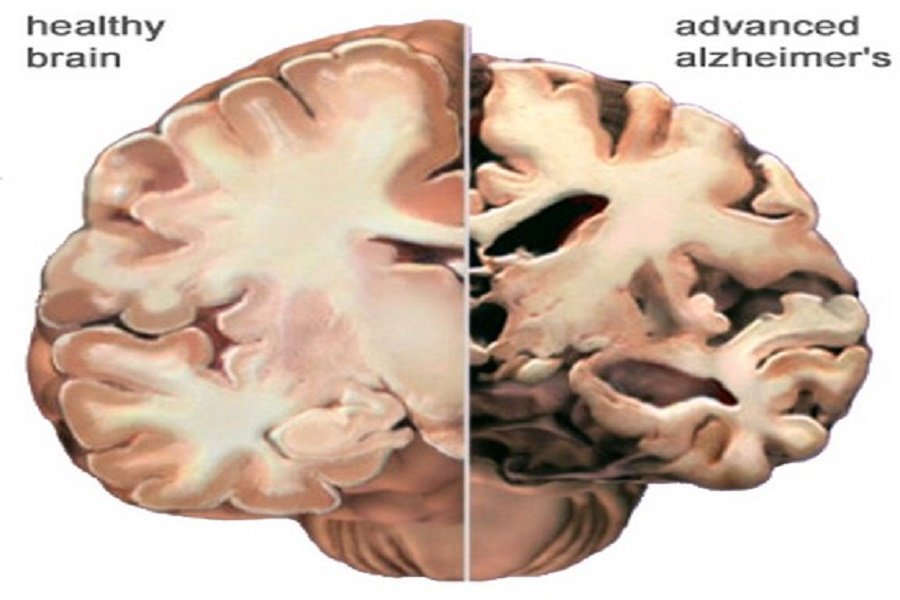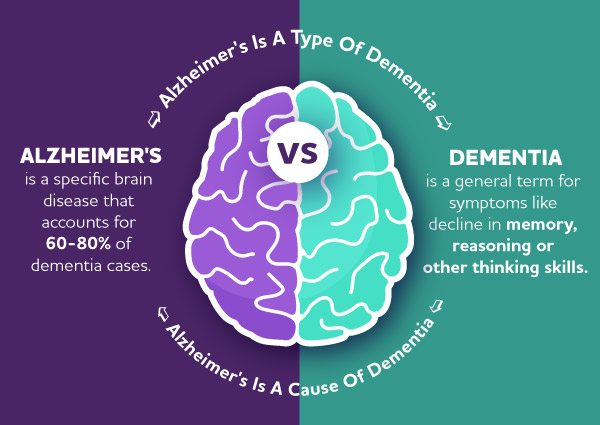
There are many different theories about Alzheimer’s causes, but one of the leading theories involves a defect in protein control in the brain. This accumulation is one of the earliest physical symptoms of Alzheimer’s disease. These proteins are called tau and amyloid and form large, sticky plaques in the brain. Scientists have focused their research on amyloid, which forms large, sticky plaques in the brain. This discovery led to enormous amounts of money being invested in developing drugs that can destroy the amyloid proteins and tau tangles.
Studies have shown that people with Alzheimer’s disease often show signs of brain cell degeneration in microscopic areas. This network contains more than 100 billion neurons, which control the five senses, critical thought, emotions, and memory. Even small abnormalities can affect the whole system. As more of these defects occur in the brain, they will cascade to worsen the symptoms of Alzheimer’s disease. This cascade effect can lead to the development of more severe symptoms.
In addition to memory loss, people with Alzheimer’s disease often have trouble following conversations and carrying out social activities. They may even be uninterested in family obligations. Whether this is true or not, recognizing the signs of the disease is essential for helping patients cope with the disease. Fortunately, there are many different treatments available to help those with Alzheimer’s. It’s important to seek the care of an expert who has a clear understanding of how the brain works.
Although the exact causes of Alzheimer’s disease are unknown, doctors may recommend various tests to rule out other possible factors. A brain scan can help confirm the diagnosis and rule out other conditions that may be causing the symptoms. In some cases, the results of these tests are repeated to provide additional information about changes in cognitive function associated with the disease. After all, there is no cure for Alzheimer’s disease. So what are the common causes of dementia?
A strong genetic link has been found between Alzheimer’s disease and a family history of the disease. If someone has ancestors with this disease, they themselves are at risk. If a family member has been sick before, the risk increases. Also, family history may be a factor, but it does not guarantee that the patient will also develop the disease. Having a close relative in the family can also increase the chances of contracting the disease.

The most common cause of dementia is genetics. There are over 100 billion nerve cells in the human brain. These cells are responsible for carrying out the various communications required for brain function. However, when amyloid proteins accumulate in these cells, they can block these connections. As a result of this condition, people lose their memory and become dependent on others. This disease also interferes with their ability to communicate with other people.
Other symptoms of Alzheimer’s include difficulty holding a conversation. Symptoms may include problems with language and comprehension. In the early stages, people with Alzheimer’s may have problems with communication and social interaction. They may also lose interest in family affairs and feel disinterested in other people. These symptoms can be caused by any number of factors, including aging. The most common symptoms of Alzheimer’s disease are mild memory loss and difficulty swallowing.
In addition to memory loss, people with Alzheimer’s often have difficulty holding conversations. They may repeat what they have said or stop talking altogether. Other symptoms include problems with vocabulary and naming familiar objects. Sometimes they lose things or accuse others of stealing them. They may have trouble speaking and swallowing. They may also have difficulty paying bills or completing daily tasks. They may be confused and have trouble concentrating.
Site ihealzy.com
explains that researchers believe that microscopic defects in the brains of Alzheimer’s patients are caused by abnormal neurotransmitters. These are chemicals released in the brain to communicate with other parts of the body. Unfortunately, these changes do not necessarily cause Alzheimer’s symptoms. But they show that the disease can lead to memory loss in the elderly. As a result, the disease may be the leading cause of dementia.